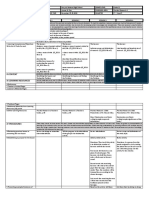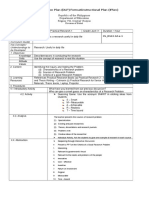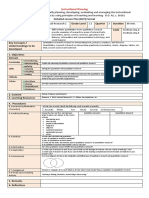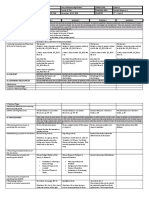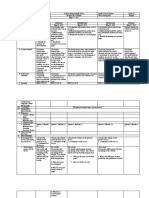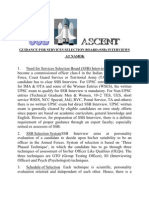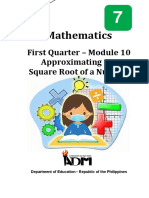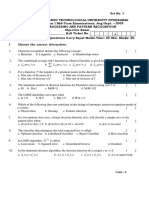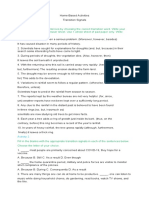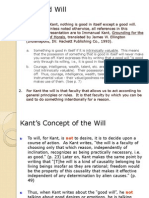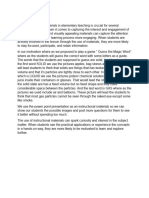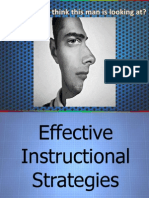100% found this document useful (1 vote)
2K views5 pagesPractical Research Daily Lesson Log
The daily lesson log summarizes a lesson plan for a Practical Research 1 class over the course of a week. The objectives are for students to understand inquiry and research, describe research experiences and knowledge, and explain the importance of research in daily life. A variety of activities are outlined each day, including introducing themselves, defining inquiry and research, discussing the difference between experience and knowledge, interviewing classmates about the importance of research, analyzing research articles, and creating a video explaining how research is essential to daily life. Student work will be evaluated using rubrics focusing on accuracy and organization.
Uploaded by
Melvin H. MadroñalCopyright
© © All Rights Reserved
We take content rights seriously. If you suspect this is your content, claim it here.
Available Formats
Download as DOCX, PDF, TXT or read online on Scribd
100% found this document useful (1 vote)
2K views5 pagesPractical Research Daily Lesson Log
The daily lesson log summarizes a lesson plan for a Practical Research 1 class over the course of a week. The objectives are for students to understand inquiry and research, describe research experiences and knowledge, and explain the importance of research in daily life. A variety of activities are outlined each day, including introducing themselves, defining inquiry and research, discussing the difference between experience and knowledge, interviewing classmates about the importance of research, analyzing research articles, and creating a video explaining how research is essential to daily life. Student work will be evaluated using rubrics focusing on accuracy and organization.
Uploaded by
Melvin H. MadroñalCopyright
© © All Rights Reserved
We take content rights seriously. If you suspect this is your content, claim it here.
Available Formats
Download as DOCX, PDF, TXT or read online on Scribd
/ 5













































